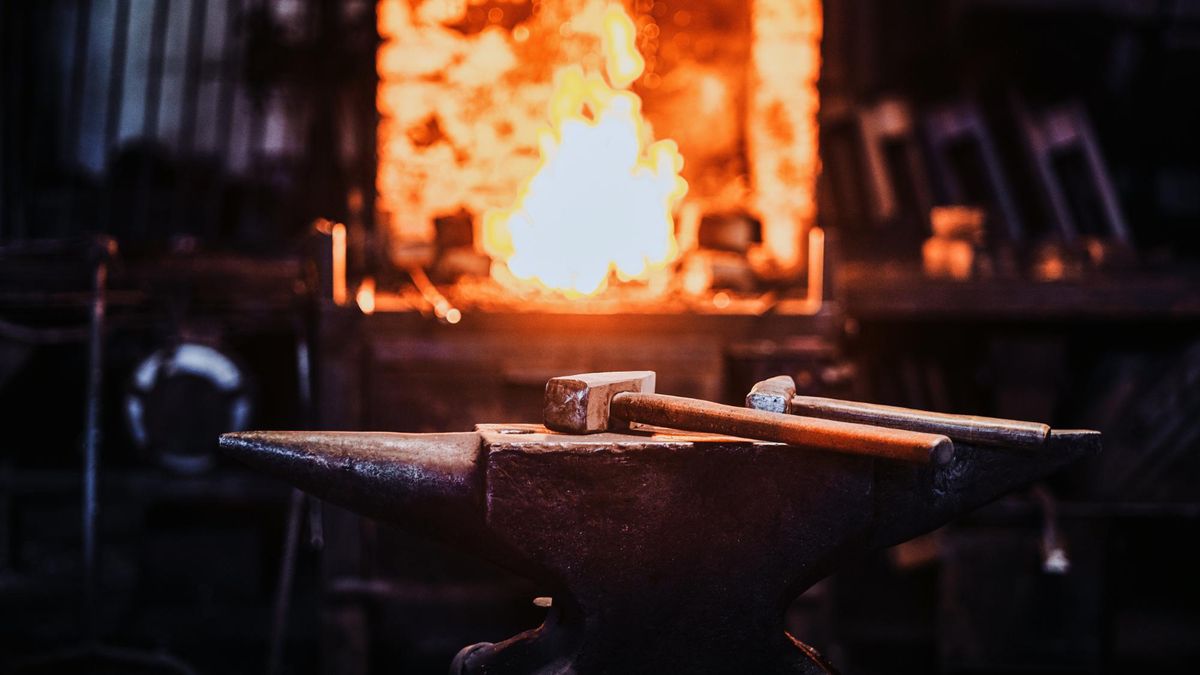France elects its head of state for the next five years. spirit of optimism? none. Most expect President Emmanuel Macron to be re-elected. But is that already decided?
An election campaign that inspires looks different. Overshadowed by the war in Ukraine, the competition for France’s highest office is drawing to a close. This Sunday is the first round, two weeks later maybe the decision.
In the runoff election for the place in the Élysée Palace, a new duel between the liberal Emmanuel Macron and the right Marine Le Pen is expected – as in 2017 and as predicted months ago. Many consider the election to be over and expect the president to win a clear victory. But that could be dangerous for Macron.
While the 44-year-old hovered in the polls after the start of the war in Ukraine, Le Pen is now catching up. A survey at the beginning of the week saw Macron only three percent ahead if the runoff election were to take place on April 24 in this constellation. But how meaningful are such numbers? There is great concern about a wave of non-voters, which could severely affect the result. Elected for five years. The winner – or the victor – can rule France until 2027.
Some have problems with Macron
The turnout could become all the more important because some leftists are now likely to have a significant problem giving their votes to the ex-socialist Macron. Because while the former Economics Minister once wanted to unite left and right-wing positions as the “Centre President”, he is currently dealing with conservative issues.
For months, institutes have also been noticing a great deal of electoral fatigue and disenchantment with politics. 35 percent of those eligible to vote may want to cast an empty ballot and 26 percent may not go to the polls at all, it was said recently. Reasons are that the candidates are all considered unsuitable, that the same policies are expected regardless of the outcome of the election, or that they want to protest against the current system.
At the same time, the willingness to vote for radical candidates, at 46 percent, is higher than at any time since 1965, when France directly elected the president for the first time. Le Pen seems to benefit from this. For a long time, the 53-year-old has tried to be more moderate. She renamed the Front National, inherited from her father Jean-Marie, to the Rassemblement National and wants to promote what is known as the “demonization” of the party. In this way, she wants to reach electoral strata closer to the middle.
Le Pen’s help from further right
Initially, it appeared that Le Pen would face stiff competition on her right-wing territory from far-right populist Eric Zemmour. But in the end, the Hetzer helped her appear more serious and less radical. However, experts warn of a kind of “she-wolf in sheep’s clothing” because their program still contains extreme demands. But Le Pen acted more skilfully than Zemmour.
For a short time, the political newcomer, dubbed by some as the French Donald Trump, was second in the polls. The 63-year-old, who has been convicted several times for racist statements, caused a stir with extreme positions. In the run-up to the election, it was the Zemmour-Le Pen duo that drove the others ahead of them with issues such as migration, security and national identity.
But now Zemmour has fallen behind in the polls. While the competitors turned to the issue of purchasing power, which had become even more fundamental as a result of the Ukraine war, he stuck to his radical talk of migration. It is believed that some of his supporters will vote for Le Pen in the first ballot.
Left is shattered
As a candidate of format, ex-minister Valérie Pécresse (54) was traded by the conservative Républicains in the fall. She sees herself as a combination of Angela Merkel and Margret Thatcher – but is currently far removed from the importance of these two. She doesn’t quite manage the balancing act of addressing supporters of the right-wing camp as well as voters in the center. The right-wing camp last provided the president, Nicolas Sarkozy, until 2012. In 2017, François Fillon was eliminated in the first round. Pécresse now faces the same fate.
The fragmented left did not get off to a good start in the election campaign, as it was unable to gain a foothold with its issues and also tried in vain to find a common candidate. Far behind in the polls, Paris Mayor Anne Hidalgo is ranked by the Socialists, François Hollande, who last held the office of President from 2012 to 2017. The party also fears a new debacle.
Jean-Luc Mélenchon, who is much further to the left, is on the rise – now in third place in the polls. The increasing focus on purchasing power and social issues plays into the hands of the 70-year-old. Like Le Pen, Melenchon is making his third attempt to get to the Élysée. He hopes to benefit from a “vote utile” in the left camp: If he is the only left-wing candidate with a real chance of winning the runoff, the logic goes, people should vote “useful” and lose his vote.
Source: Stern
David William is a talented author who has made a name for himself in the world of writing. He is a professional author who writes on a wide range of topics, from general interest to opinion news. David is currently working as a writer at 24 hours worlds where he brings his unique perspective and in-depth research to his articles, making them both informative and engaging.




